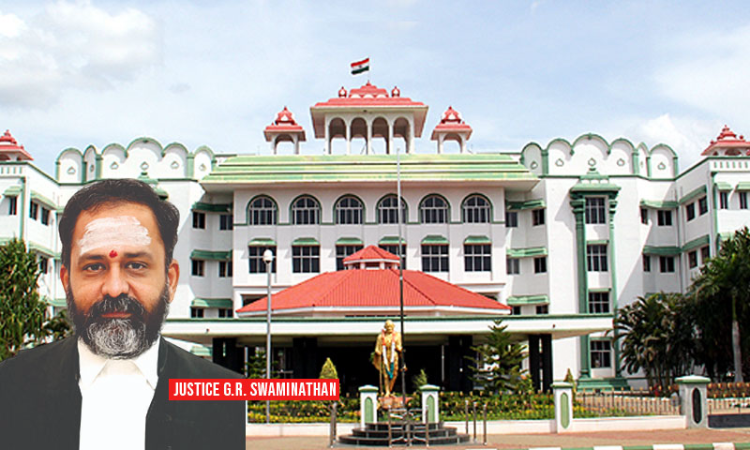Counsel Has Professional Duty To Exercise The Right Of Re-Examination : Madras High Court
Upasana Sajeev
9 April 2022 5:14 PM IST

Next Story
9 April 2022 5:14 PM IST
The Madras High Court(Madurai Bench) has recently observed that a counsel has a professional duty to exercise their right of re-examination for upholding the cause of their clients. The Bench of Justice G.R Swaminathan made this observation while hearing a second appeal, after noting that the sense and meaning of the answers given by the appellant in trial must have been brought out...
